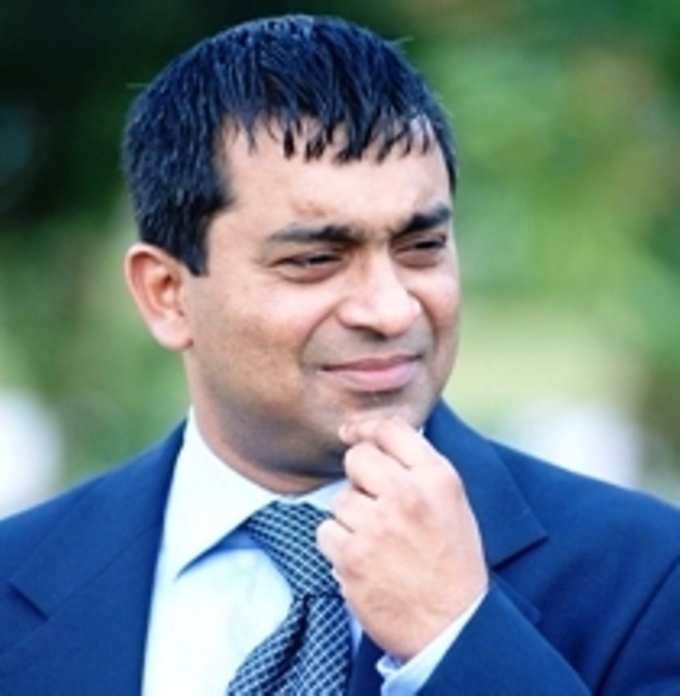 As the
As the As I watch the blowback phenomenon unfold around me, I am prompted to ask the very same question that made me to write my book, ‘Yuva India: Consumption & Lifestyle Choices of a Young India’. Why are the youth taking to and harbouring attitudes, and exhibiting behaviour far removed from their predecessor generation. Why are they angry at the bans when their parents are taking the ‘don’t rock the boat’ route out? Why are they vocal when their parents stay silent?
The answers to this ‘radical’ behaviour rise to the surface once you dive deep and sift through what makes up the young Indian psyche. Here are five critical elements of their personality makeup that’s at the heart of the vocal pushback we are witnessing.
1. Composite Identity – For the first time in the country we are bearing witness to the rise of a generation that has taken on a composite identity. An outcome of multiple cultural influences, Yuva India is local, Indian, and foreign at the same time. Which amply explains why a foreign hand conspiracy theory, the kind floated to discredit the
2. Independent Ipseity – The young in India today sport selves that are fiercely independent. The desire to craft and dictate their own destinies is only growing stronger by the day among youth cohorts. This means Yuva India wants to decide for itself. Impositions by others are not welcome. A ban to young Indians is akin to someone on the outside doing the thinking and deciding for them. That is unacceptable. It’s no wonder then Barun Sen from Bangalore had this as his tweet -
Barun Sen @barunsen
Ban beef. Ban documentaries. Ban partying. Ban movies. Ban free speech. India has been BANgalored to the Stone Age. We Rock #IndiasDaughter
Manjunath Shastry, another of Yuva India added his bit with his tweet –
Jay Shastry @JayShastry
Amidst #BeefBan and #IndiasDaughter we completely didn't notice that Karnataka Govt. is going to Videotape Foreigners Partying at your party
3. Secure Spirit – Inside their heads young Indians harbour a sense of security that’s way beyond what their predecessors nursed. Growing up in conditions of greater economic and social security, Yuva India has fostered a healthy sense of the self that allows them to admit to their own infirmities. Not so among older India. Their insecurity prompts them to sweep the unpalatable under the carpet. Riding on enhanced psychological security, young Indians are ready to admit and own up to problems. That explains why they are ready for a documentary that may point fingers at the society they populate.
4. Sociable Aptitude – Though fiercely independent, young’s India’s considerations go beyond their own selves. This is amply demonstrated by reactions to the beef ban. Many of the young men and women who don’t eat beef on religious grounds are willing to stand up for those who do. They don’t see this as a sneaky opportunity to impose their majoritarian will on a minority. Instead they want to adopt an attitude that says ‘live and let live’!
5. Altruist Temperament – Young India’s individualist inclinations are paradoxically coupled with a desire to make a difference in other people’s lives. Such a propensity is why the youth come out in big numbers to protest and participate in movements they believe will make a difference. They know they are all in it together. A fall for one is not seen in isolation. Instead they see it as a possible descent for many in the future. So they rally around. For each other, and to protest bans.
It’s important we recognize young India to be a different breed from what we’ve encountered in the past. It’s equally important we see them as our hope for the future. For now of course they are our chance at, as Barun put it, dodging being BAN galored!
(Ray Titus is Professor of Marketing & Strategy at the Alliance School of Business, Bangalore. He is also the author of the book, ‘Yuva India: Consumption & Lifestyle Choices a Young India’.)
